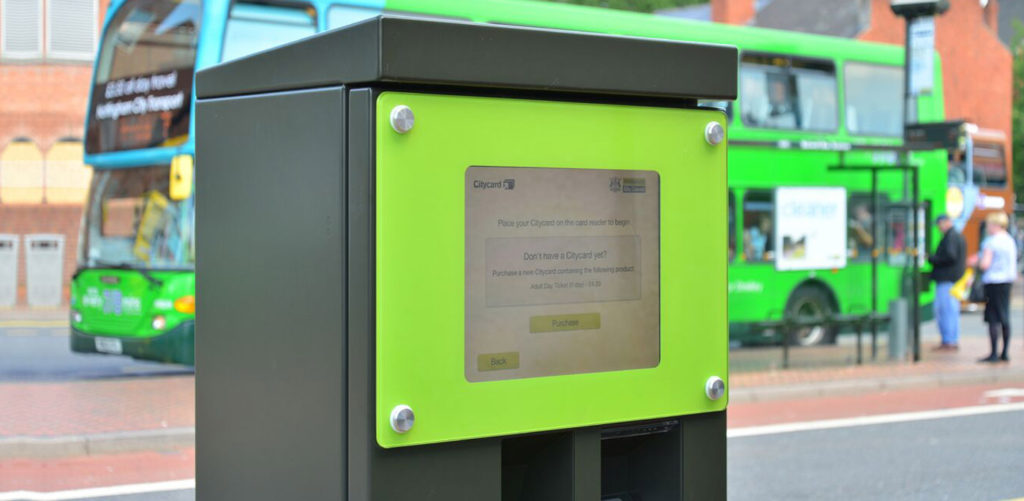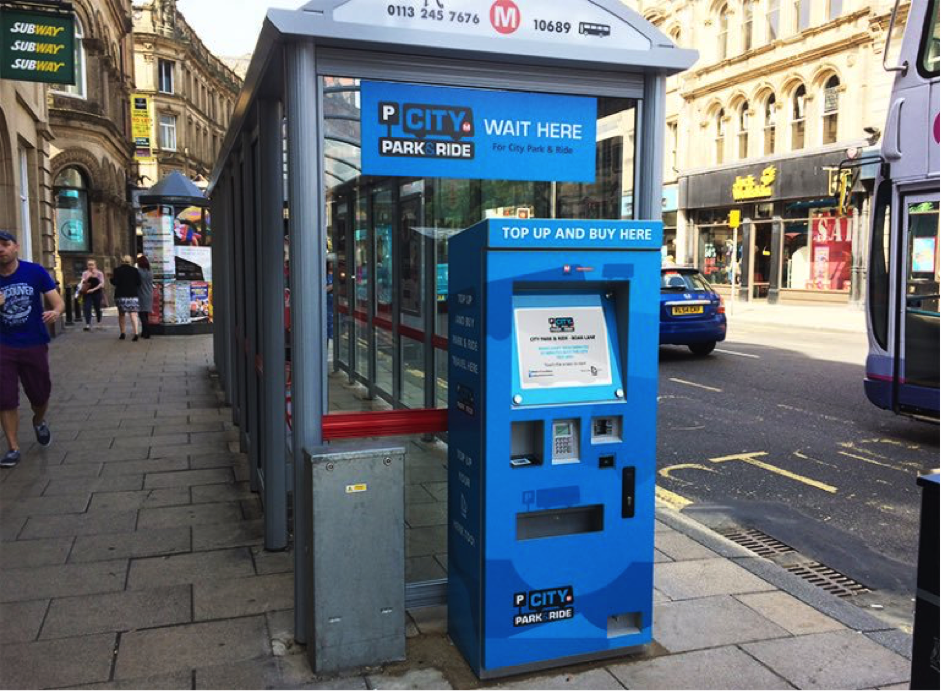Inadequate infrastructure, scheduling issues and mounting costs have all become synonymous with UK public transport as the government and transport operators grapple to provide a system fit for 21st century Britain.
The pervasion of the ‘cashless’ society has also thrown up further conundrums. Mobile devices and new payment methods have revolutionised the way we purchase goods and services forcing stakeholders to adapt and pursue new technologies.
Thankfully, a growing number of solutions are being pioneered that look set to have big ramifications for passengers, transport operators, government authorities and even manufacturers.
SMART Ticketing
SMART ticketing refers to the range of ways public transport users can gain access to services without a traditional paper ticket.
From Nottingham’s Robin Hood Network to London’s famed Oyster Card, many successful systems have been rolled-out across the UK and more are set to be implemented in the coming months and years.
In fact, research suggests that SMART ticketing is fast becoming the norm in London, with 56% now using a dedicated SMART card for travel.
There are also positive signs of growth across other areas of the country, suggesting that many other areas are catching up with the capital. The Midlands and the North have seen the most noticeable rises in use of smart cards, with use more than doubling over the last few years.
Operator Benefits
As operators search for innovative ways to balance the books, moving to SMART ticketing has the potential to significantly reduce costs. In practical terms, removing ticket printing machines- and with them associated cash management costs- provides a welcome boost but perhaps the biggest benefit derives from the insight gained into passenger travel patterns.
By collecting and studying data, operators are now capable of devising schedules and timetables that are far better suited to passenger travel trends. Similarly, tailoring products to serve passenger travel needs encourages repeat usage of services, especially outside of peak commuter periods.

Boost for Passengers
For passengers, SMART ticketing schemes have been proven to reduce long queues, enhancing satisfaction with the service. Moreover, by removing the need to work through complex fare structures the best price becomes easy to identify, saving them money.
Today’s working patterns are far more flexible than ever before and SMART systems enable commuters to purchase flexible season tickets that cater precisely for their needs.
Manufacturers leading the way
Given the rapid growth of SMART Ticketing initiatives, specialist firms have been called upon to offer up their technology and expertise. Manufacturers such as Castleford-based Cammax Limited have joined forces with local authorities to pioneer cutting edge SMART ticketing payment machines, many of which have been deployed in highly populated cities such as Bristol, Nottingham and Leeds.
Demand for these SMART ticketing kiosks, many fitted with provisions for the latest tech like Apple Pay, have provided a much need lift to the company, and the knock- on effect is that widespread benefits are felt in the local economy.
Government approval
Central and local government are also welcoming the benefits from SMART ticketing too. Reductions in government subsidies or grants, such as bus service operators grants (BSOG) have helped reduce spending, and the public health implications can’t be understated.
With growing pressure to control air pollution, added to the crucial need to limit traffic congestion, ministers have made little secret of their desire to act. If more of the public turn towards public transport, not only will traffic congestion be eased but people will be more far connected to their places of work, stimulating economic activity.
The Future
SMART ticketing looks set to stay but sustainable long-term success can only be guaranteed if operators, government and manufacturers continue to innovate and collaborate.
It’s also crucial that the passenger proposition is made clear in order to encourage repeat usage of services. With Brexit and other factors likely to induce further economic uncertainty, stakeholders must remain committed to embracing these types of technological solutions- only then can the UK deliver on its promise to deliver an efficient and cost-effective public transport system for all.
Don’t forget to follow us on Twitter @transportdsn.
Image credits: Cammax



